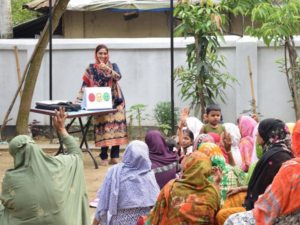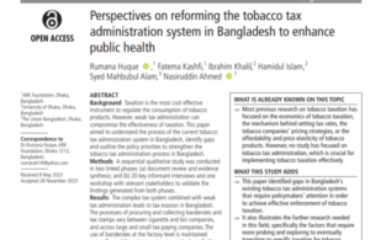
Antimicrobial resistance (AMR) poses a significant threat to global public health, with increasing treatment failures and related mortality exacerbated by complex socio-economic, cultural, and gender dynamics. Recognising the critical role of gender and related inequalities in shaping health behaviours and outcomes, this guidance document aims to provide AMR community engagement operational researchers and practitioners with a comprehensive tool to consider the intersectionality of gender and other social stratifiers in the design, implementation, and evaluation of community engagement (CE) operational research and interventions.
Targeted monitoring and evaluating of gender and intersectionality throughout the research process can help you determine whether equality considerations have been meaningfully integrated. Consideration of these elements can also guide programme implementers through the creation of community-based interventions that are culturally sensitive and socially inclusive, thereby improving their effectiveness and sustainability. Policymakers may find this document helpful to inform the development of equitable AMR policies and programmes that address the specific needs and circumstances of diverse populations, as will academic institutions and trainers, to incorporate gender and intersectionality into educational curricula and training modules for future researchers and practitioners in community engagement and AMR.
By following this structured approach, researchers will develop a more nuanced understanding of how and whether the research process considers the different priorities and needs of women and men, and intersecting social categorisations such as age, sexuality, race, ethnicity, religion, disability, and economic status before, during and after the implementation of project activities.
This guideline is designed to provide a clear and practical roadmap for integrating gender and intersectionality into AMR community engagement research.


